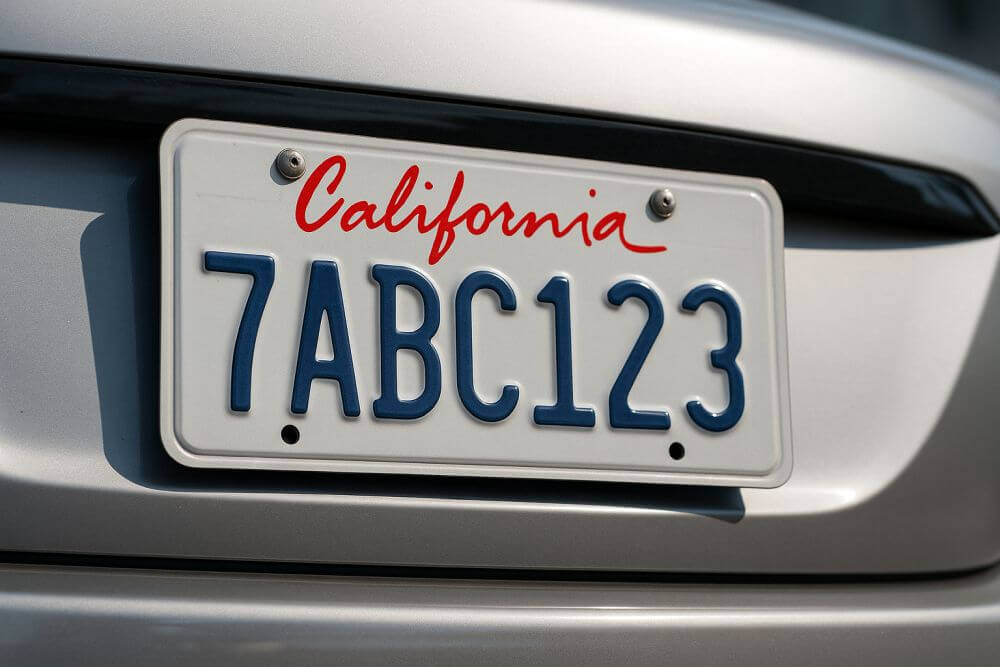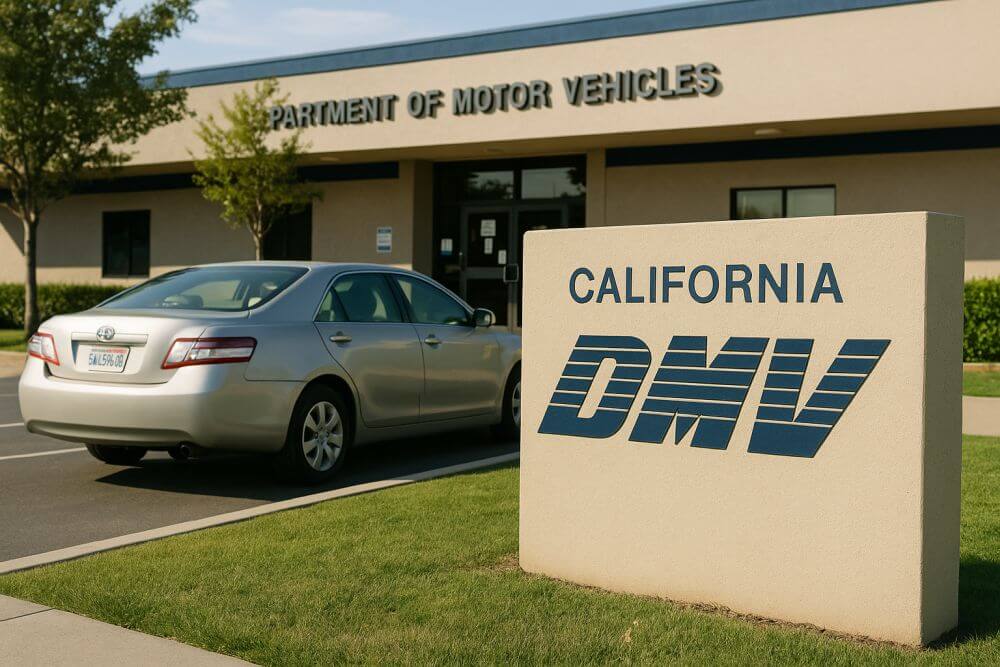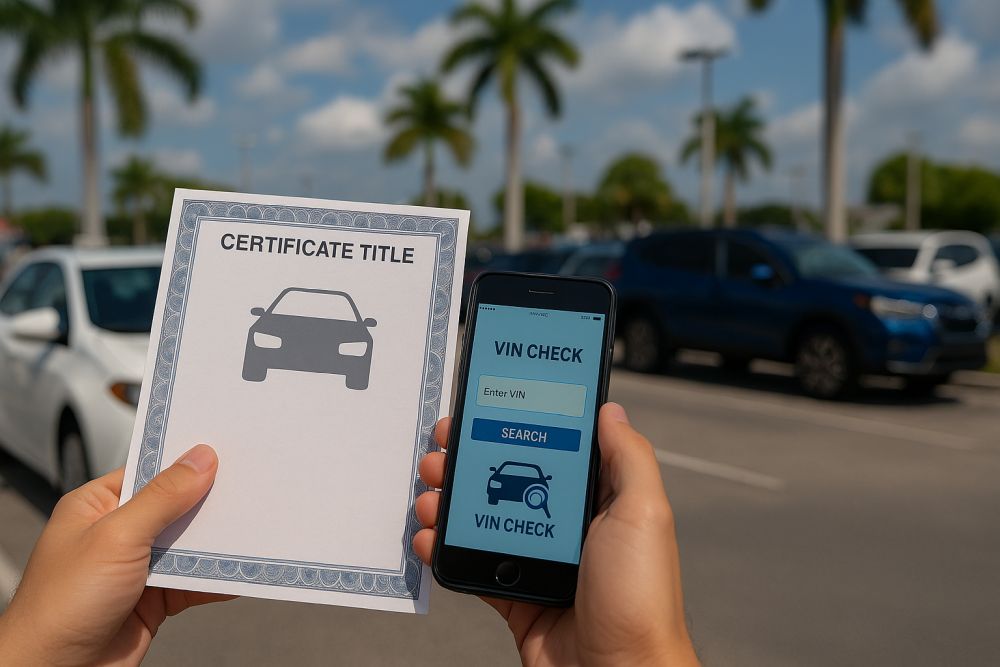Understanding the Texas car registration cost is a crucial aspect of vehicle ownership and buying decisions. Whether you’re purchasing a new vehicle or planning to register a used one, knowing the associated costs can help you budget effectively. This is particularly important in Texas, where registration fees can vary based on several factors. Accurate information can assist in avoiding unexpected expenses and ensuring compliance with state regulations. For those delving into used car research, utilizing a VIN Checker is an essential step in verifying the history and specifications of the vehicle in question. Additionally, you may need to verify Texas license plate information to ensure that all details are accurate and up-to-date.

What Factors Determine Car Registration Costs in Texas?
Vehicle Type and Weight
The type and weight of your vehicle play a significant role in determining your registration cost. Heavier vehicles, such as large SUVs, pickup trucks, and commercial vehicles, generally cost more to register. This is because they cause more wear and tear on roads and infrastructure. In contrast, lighter vehicles, such as compact cars and sedans, tend to have lower fees.
Vehicle Age
In some cases, older vehicles can have slightly lower fees due to depreciation in market value. While Texas doesn’t have a sliding scale for age-based registration fees like some states, factors such as emissions and inspection requirements might vary for older cars.
County of Residence
Each county in Texas can add its own local fees, such as road and bridge fees or child safety fees. These charges usually range from $10 to $50, depending on where you live. For example, urban counties often have higher local fees than rural ones. Checking with your local county tax assessor-collector’s office is the best way to confirm these additional costs.
Standard Texas Car Registration Fees
While individual costs can vary, here’s a breakdown of the typical fees most vehicle owners in Texas can expect:
- Base registration fee: $50.75 for most passenger vehicles.
- Local county fees: $10 to $50, depending on your county.
- State inspection fee: Approximately $7 for the state portion; emissions testing fees (if required) range from $11 to $30.
- Other potential fees:
- New resident fee: $90 (for individuals registering vehicles brought in from another state).
- License plate fees (if new plates are issued).
- Specialty plate fees (if chosen).
In general, most Texas drivers pay between $65 and $150 annually to register a standard passenger vehicle.
How to Register a Car in Texas: Step-by-Step
Step 1: Obtain the Vehicle Title
Before registration, ensure the vehicle title is in your name. If you’re buying a used vehicle, the seller must properly transfer the title to you. Any liens on the vehicle should also be cleared or properly recorded.
Step 2: Get a Vehicle Inspection
All vehicles in Texas are required to pass a safety inspection before registration. In certain counties (such as Dallas, Harris, and Travis), an emissions test is also mandatory. You will receive a Vehicle Inspection Report (VIR), which is necessary for registration.
Step 3: Complete Form 130-U
You’ll need to fill out the Application for Texas Title and/or Registration (Form 130-U). This form provides essential information about the vehicle, the owner, and any lienholders.
Step 4: Show Proof of Insurance
Proof of valid Texas auto insurance is required when registering your vehicle. The insurance policy must meet or exceed the state’s minimum liability coverage requirements.
Step 5: Pay Fees and Submit Documents
Take your completed paperwork — including the title, VIR, proof of insurance, and Form 130-U — to your local county tax office. Pay the registration fees, which will include your base fee, county fees, and any applicable additional charges.
Step 6: Receive Registration Sticker and Plates
Once processed, you’ll receive your registration sticker (to be displayed on your windshield) and, if applicable, your license plates.
The Importance of VIN Decoding Before Registration
Before registering a vehicle, it’s wise to run a VIN (Vehicle Identification Number) check. A VIN decoder provides detailed information about a car’s specifications and history, which can help you avoid costly mistakes.
A thorough VIN check can reveal:
- Manufacturer and country of origin
- Model year and trim level
- Engine type and specifications
- Odometer discrepancies
- Title problems (salvage, rebuilt, flood, etc.)
- Accident and damage history
- Open recalls
By verifying these details ahead of time, you can confirm the legitimacy of the vehicle’s documents and potentially negotiate repairs or price adjustments before completing registration.
VinCheckPro offers a free VIN decoder to help you uncover these details quickly and accurately.
Final Thoughts
The cost to register a car in Texas varies depending on your vehicle and location, but understanding the standard fees and steps involved ensures a smoother, stress-free experience. Always account for local county fees, inspection costs, and any specialty fees when budgeting for registration.
Before finalizing your purchase or starting the registration process, perform a VIN check to verify the car’s condition and history. This extra step can save you money and headaches in the long run.
Frequently Asked Questions (FAQ)
How often do I need to renew my car registration in Texas?
In Texas, vehicle registration is typically renewed annually. It’s important to renew on time to avoid penalties.
Can I register my vehicle online in Texas?
Yes, many counties in Texas offer online registration renewal services. However, first-time registrations may require an in-person visit to a local DMV office.
What documents are needed for car registration in Texas?
You’ll need the vehicle title, a completed application form (Form 130-U), proof of insurance, and inspection documents. Ensure all paperwork is complete before visiting the DMV.
Is there a grace period for expired car registration in Texas?
Texas offers a five-day grace period after your registration expires. However, driving with an expired registration beyond this period may result in fines.
How can I find out the specific registration cost for my vehicle in Texas?
Contact your local county tax office or visit their website for detailed information on registration fees specific to your vehicle and location.
Understanding the Texas car registration cost and process ensures you stay compliant and avoid unnecessary expenses. Whether you are registering a vehicle for the first time or renewing, having accurate information and all required documents will make the process smooth and efficient.
Start Your VIN Check Today
VinCheckPro offers 100% free vehicle history reports and VIN decoding to help you make informed decisions. Check your VIN now to uncover essential details before registering your vehicle in Texas. Run a Free VIN Check


